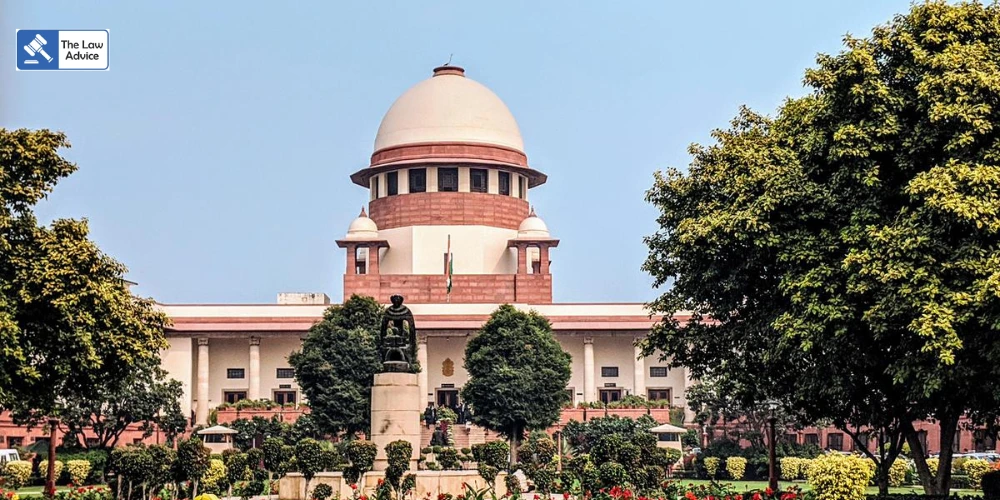
The Supreme Court has sought official responses from the National Commission for Women (NCW), the National Human Rights Commission (NHRC), and the National Commission for Protection of Child Rights (NCPCR) in a batch of petitions challenging the constitutional validity of Talaq-e-Hasan — a form of divorce permitted under Muslim personal law.
Under Talaq-e-Hasan, a Muslim husband can divorce his wife by pronouncing “talaq” once every month over a three-month period. The divorce becomes effective after the third pronouncement.
During yesterday’s hearing, a Bench comprising Justice Surya Kant and Justice Joymalya Bagchi made it clear that it would not entertain objections regarding maintainability or the locus standi of the petitioners.
“Maintainability and locus can’t be the issues in these matters. There are aggrieved persons before us,” Justice Kant observed, rejecting Senior Advocate M.R. Shamshad’s reference to the majority view in Shayara Bano regarding the interpretation of “law” under Article 13 of the Constitution and the Court’s jurisdiction in such cases.
The Court was hearing nine petitions challenging the practice. The matter has now been listed for a detailed hearing in November 2025.
Appearing for the petitioners, Advocate Ashwani Kumar Dubey recalled that significant legal arguments had been made during the Triple Talaq case (where the Supreme Court struck down Talaq-e-Biddat). However, Justice Kant made it clear that the present batch of petitions would be considered independently, without being bound by past arguments in the earlier case.
The Bench allowed parties to submit any relevant materials, including authoritative books, scholarly writings, and religious scriptures, in support of their arguments. It also allowed all pending intervention applications to be accepted.
The lead case before the Court was filed by journalist Benazeer Heena, who claimed that her husband initiated divorce proceedings under Talaq-e-Hasan by sending the first pronouncement through speed post on April 19. The second and third pronouncements were received in the following months.
She contends that the practice is discriminatory because only men have the right to initiate it, and it violates Articles 14 (Equality Before Law), 15 (Prohibition of Discrimination), 21 (Right to Life and Personal Liberty), and 25 (Freedom of Religion) of the Constitution. According to her, Talaq-e-Hasan is not an essential religious practice in Islam and is therefore subject to constitutional scrutiny.
Among the other petitioners is Hasin Jahan, the estranged wife of Indian cricketer Mohammed Shami, who has also challenged the legality of the practice.
In August 2022, a separate bench of Justices Sanjay Kishan Kaul and M.M. Sundresh had made preliminary remarks that Talaq-e-Hasan “is not so improper,” noting that Muslim women have the option to seek divorce through Khula (a procedure initiated by the wife). Justice Kaul had said:
“Prima facie this (Talaq-e-Hasan) is not so improper. Women also have an option. Khula is there. Prima facie I don’t agree with petitioners. I don’t want this to become an agenda for any other reason.”
The outcome of this case is expected to have significant implications for the interpretation of gender equality, religious freedom, and personal laws under the Indian Constitution. By seeking inputs from statutory bodies like NCW, NHRC, and NCPCR, the Court appears to be adopting a broad consultative approach before adjudicating on the sensitive intersection of faith and fundamental rights.
Case Title: Benazeer Heena v. Union of India & Ors., W.P.(C) No. 348/2022
Website designed, developed and maintained by webexy